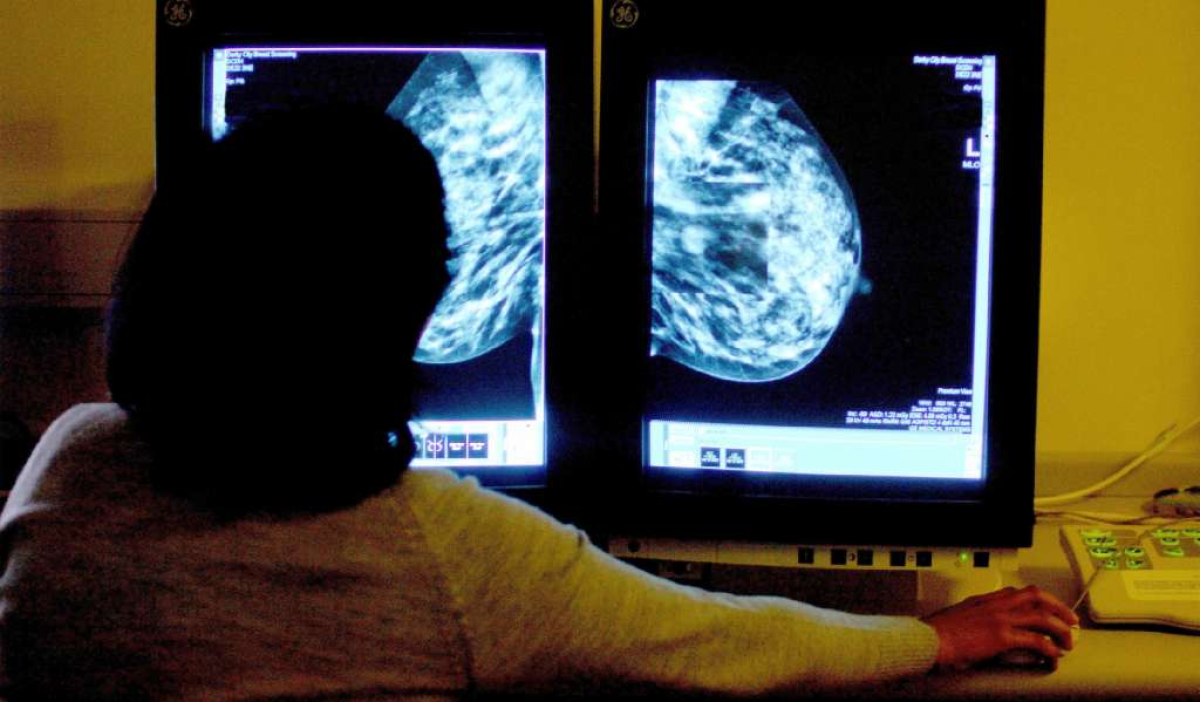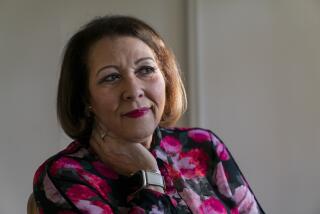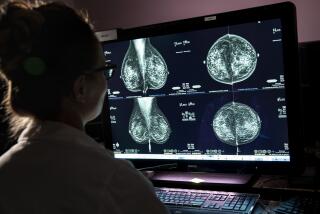Cancer screening expert to radiologists: Stop lying about mammograms

- Share via
When it comes to using mammograms as a tool to screen women for breast cancer, how do you define success? At a minimum, you’d want to know that women who get mammograms are less likely to die of breast cancer than women who didn’t get the tests.
So the big Canadian study published last week in the British Medical Journal was rather inconvenient for the die-hard fans of mammography. The study sorted nearly 90,000 women into two groups. About half of them had mammograms, and the other half didn’t. Those who had the screening tests were more likely to be diagnosed with breast cancer.
You might expect this to be useful, by catching cancers at an earlier, more treatable stage. But it didn’t turn out that way. After tracking these women for up to 25 years, the researchers found that women who had mammograms succumbed to breast cancer at the same rate as women who didn’t get the tests.
RELATED: Foods that affect your risk of cancer
The American College of Radiology – the medical group that represents the doctors who read mammograms – pounced on the study right away. In a statement, the ACR called the study “incredibly flawed and misleading.” Taking its results seriously “would place a great many women at increased risk of dying unnecessarily from breast cancer,” it warned.
As my colleague Monte Morin reported, the authors of the study said they stood by their results. But the accusations from high-profile radiologists have kept coming.
Now an expert on preventive medicine and screening is fighting back. In an opinion essay published online Wednesday on CNN.com, Dr. H. Gilbert Welch of the Dartmouth Institute for Health Policy and Clinical Practice explains why the ACR’s two main arguments against the Canadian National Breast Screening Study study are wrong.
First, the radiology group claimed the Canadian results could not be trusted because the women were screened with “second-hand mammography machines” that were operated by technologists who “were not taught proper positioning,” producing sub-par breast films read by radiologists who “had no specific training in mammographic interpretation.”
Welch sums up the ACR critique like this: “Canada is a Third World country.” Not only is this not true, he writes, it’s disingenuous. That’s because the clinical trials that radiologists cite in favor of mammography are even older than the Canadian study. “In fact, one of the trials most favorable to screening – the Health Insurance Plan of New York’s – dates from two decades before Canada’s, in the early 1960s, when mammography technologies were primitive,” Welch writes.
The ACR’s other complaint is that the Canadian trial stacked the odds against mammography by assigning women with “large incurable cancers” to the group that got the mammograms. “This guaranteed more deaths among the screened women than the control women,” according to the ACR statement.
Once again, Welch isn’t buying it. Critics have made this allegation before, and it’s so serious that Canada’s National Cancer Institute initiated a two-year investigation. As reported in the Canadian Medical Assn. Journal in 1997, the investigators “found no evidence of a deliberate attempt to conceal the alterations.”
Nor is there any evidence of cheating in the data, Welch explains. If the Canadian researchers were shunting the sickest patients into the mammogram group, then there were would be more deaths among women who had mammograms than among women who didn’t. But there weren’t. “The rate of death in the two groups was exactly the same, every year, for 25 years,” Welch writes.
Welch has coauthored many studies about mammography, and he says there’s a good explanation for why mammograms don’t seem to be helpful as a screening tool: the tests find “small, unimportant” abnormalities that are labeled “cancer” but are “not destined to cause them any problems,” he writes. (Also, better treatments have erased much of the advantage of finding cancers early.)
Though some radiologists have accepted the growing evidence that screening mammography is flawed, members of the “old guard” are still quick to attack the studies that don’t fit their worldview, Welch writes. He has some advice for those people: Grow up.
“It’s time to stop the unfounded allegations,” Welch writes on CNN. “It might be standard procedure for politics but not for science. Too much energy has been devoted to discrediting the Canadian study and not enough to understanding it.”
If you’re interested in the latest scientific and medical studies, you like the things I write about. Follow me on Twitter and “like” Los Angeles Times Science & Health on Facebook.







